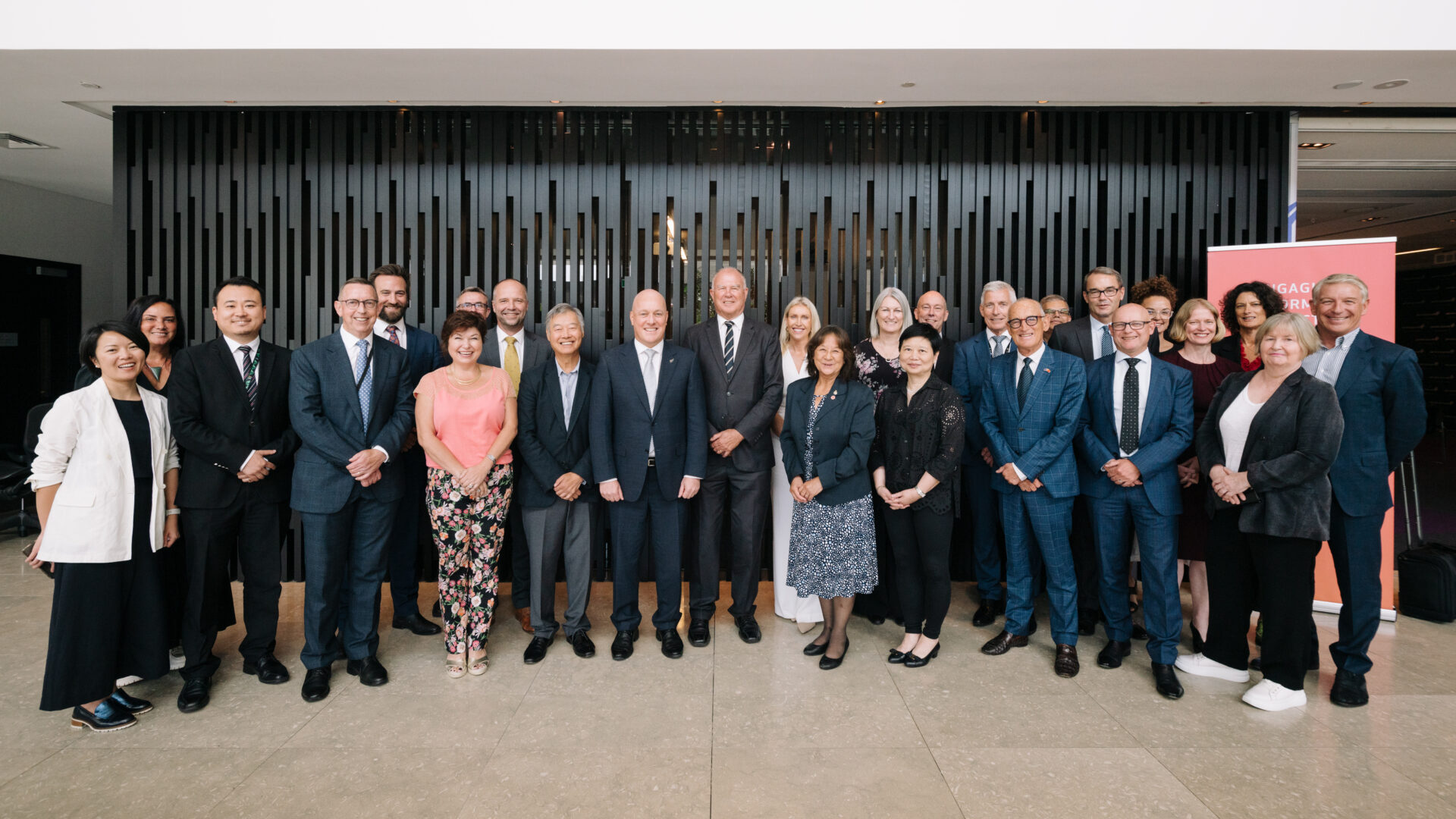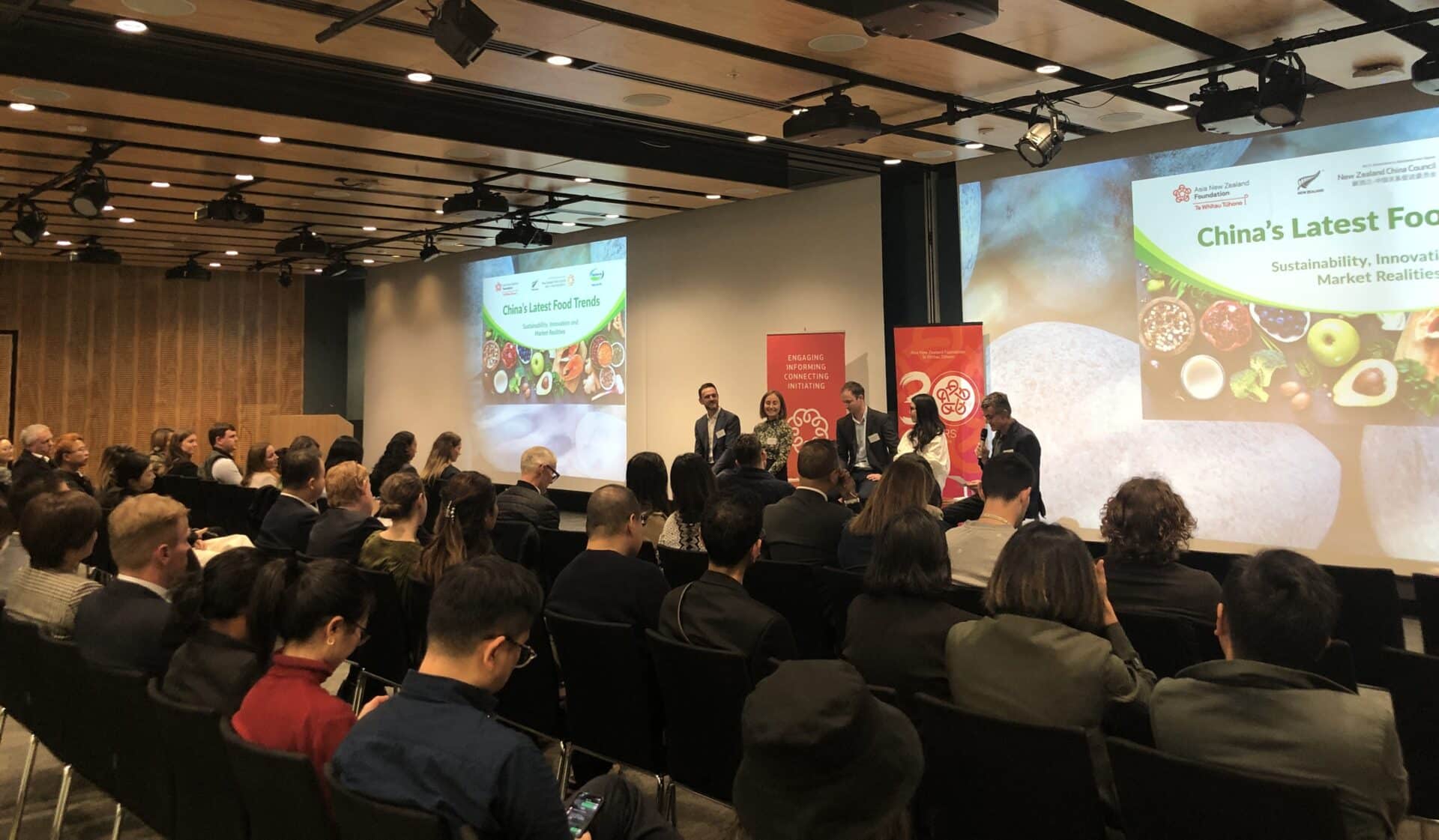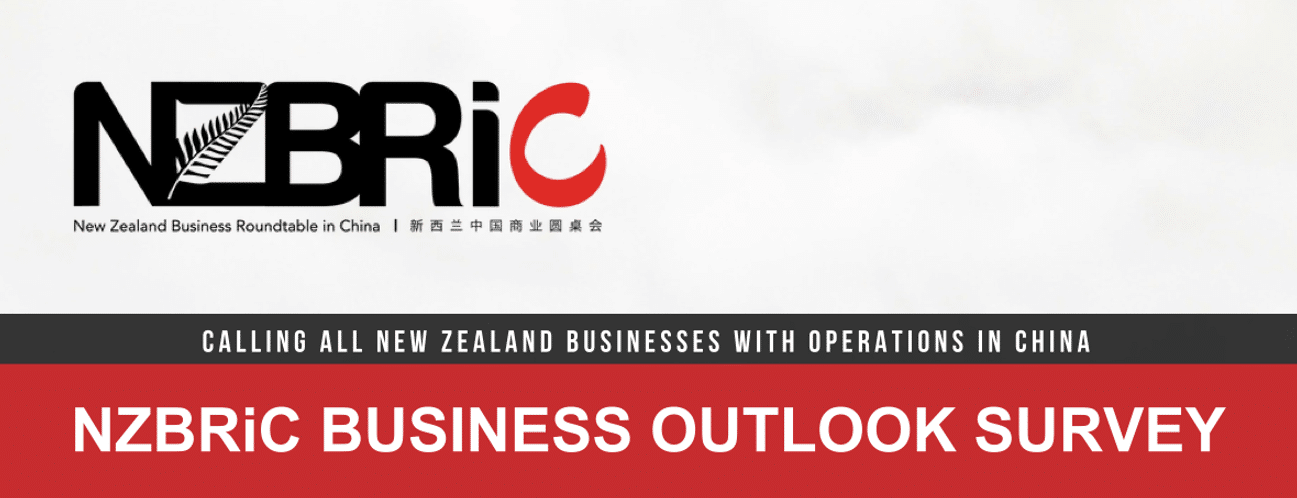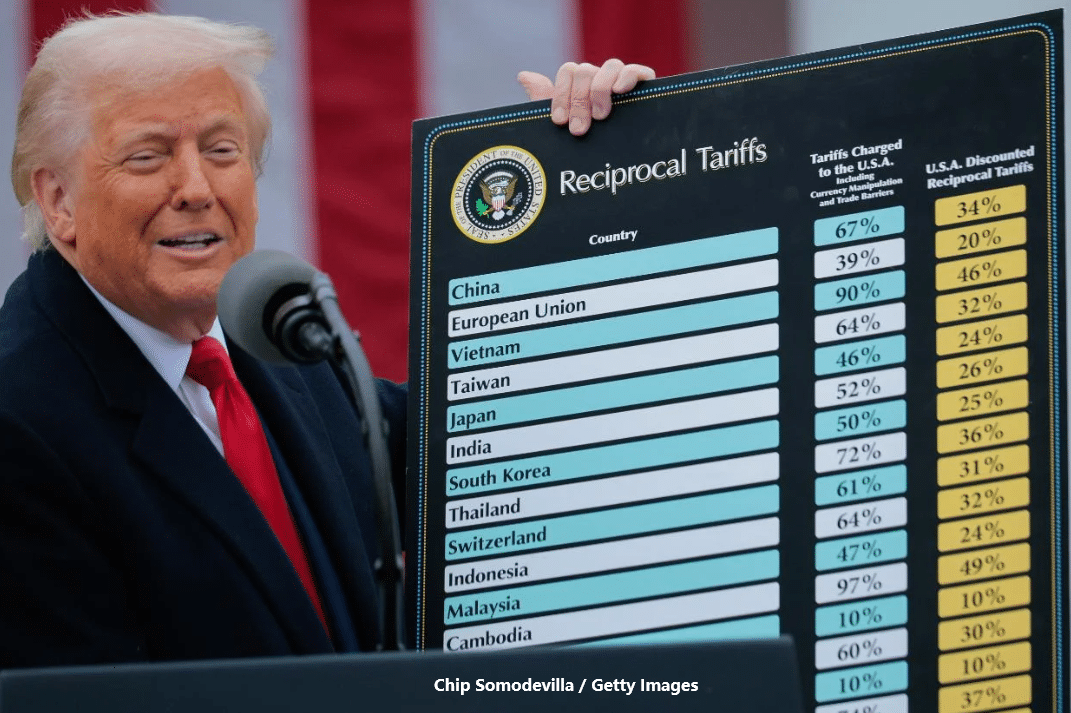Don McKinnon says we need more kiwis on the ground and must pool our resources to stay ahead in a rapidly changing China
Recently in Beijing, a group of kiwi business and government leaders got together to work out the best way to manage our relationships with a rapidly changing China.
The 2015 New Zealand China Partnership Forum was a broad based group, but one thing was strikingly clear to all participants. The China many people talk about might be the China of today, but is not the China of tomorrow.
While China is still one of our top three trading partners, we’re now in a trade deficit which is likely to remain for the medium term, and China’s exports are growing rapidly.
China is no longer a cheap place to do business. Costs are growing exponentially, especially labour, living and operating costs.
And China is no longer all about double digit growth. Managing domestic debt has become the priority and with this, pressure to spend less on imports and infrastructure. Chinese are being actively encouraged to spend more locally and become a more consumption based economy.
I’m not saying we need to throw out the rulebook. Education and tourism are up, and many merchandise goods are up also. We’re in an enviable position compared to Australia, which faces serious decreases in export receipts from minerals.
But maintaining our position requires change on two fronts:
First, New Zealand needs more boots on the ground in China. The skills sets needed to grow business opportunities in China are becoming far more sophisticated, and we need speakers who are also experienced in fields like commerce, finance and law.
I’d go as far as to say all kiwis under the age of 40 in growth sectors of our economy should be in China every couple of years, because of the impact it will have on New Zealand for the foreseeable future.
It’s great to see organisations like Ngai Tahu already taking a lead, putting in place scholarships for Chinese language study. This will help contribute to a wider pool of graduates in the future who can move between our two countries easily.
Second, we need to aggregate more. We’re a small economy of SMEs and we are tiny by global standards. Individual New Zealand companies and organisations don’t have the budgets, the contacts or the expertise to navigate China’s changing commercial economic waters.
If New Zealand businesses pool their resources to get the basics done, from marketing to distribution to government relations, we gain the critical mass needed to be more successful. There are already some genuine proof points. Sealord, Silver Fern Farms, Synlait Milk, Villa Maria Estate, Kono NZ and Pacific Pace have already joined marketing forces in Shanghai, with great effect.
New Zealand has a long history of working with China, but it is no longer the country many of us assume it to be. If we do not adapt our approach, we will quite simply be left behind.











 MENU
MENU
